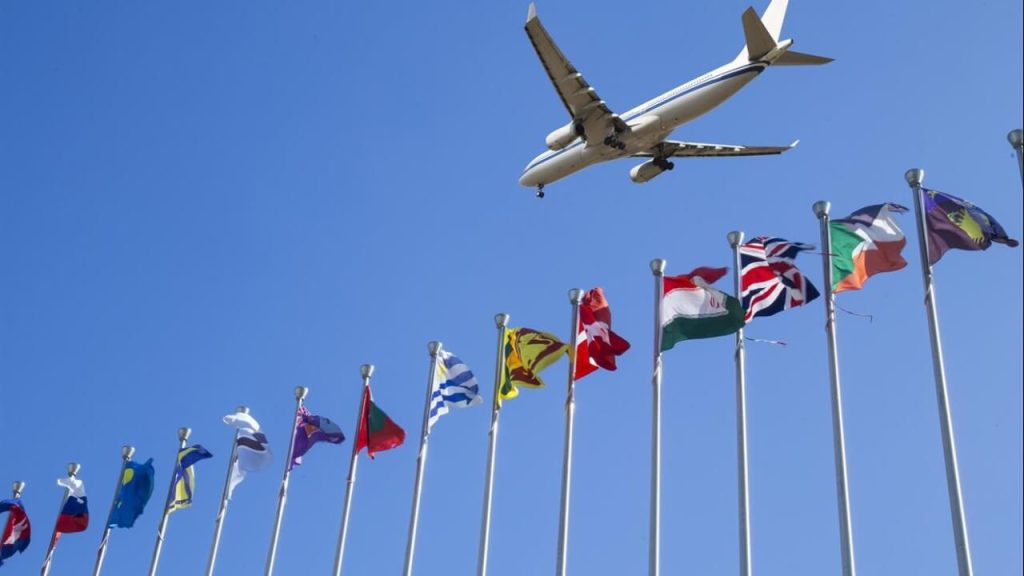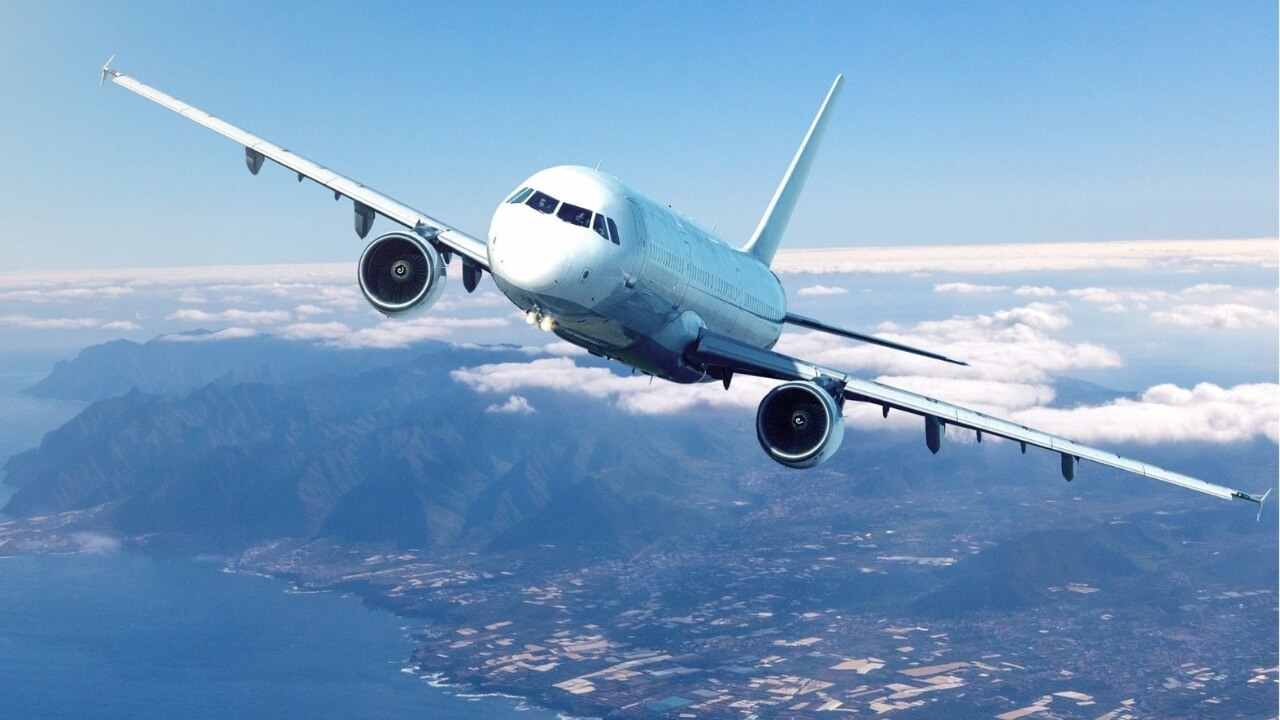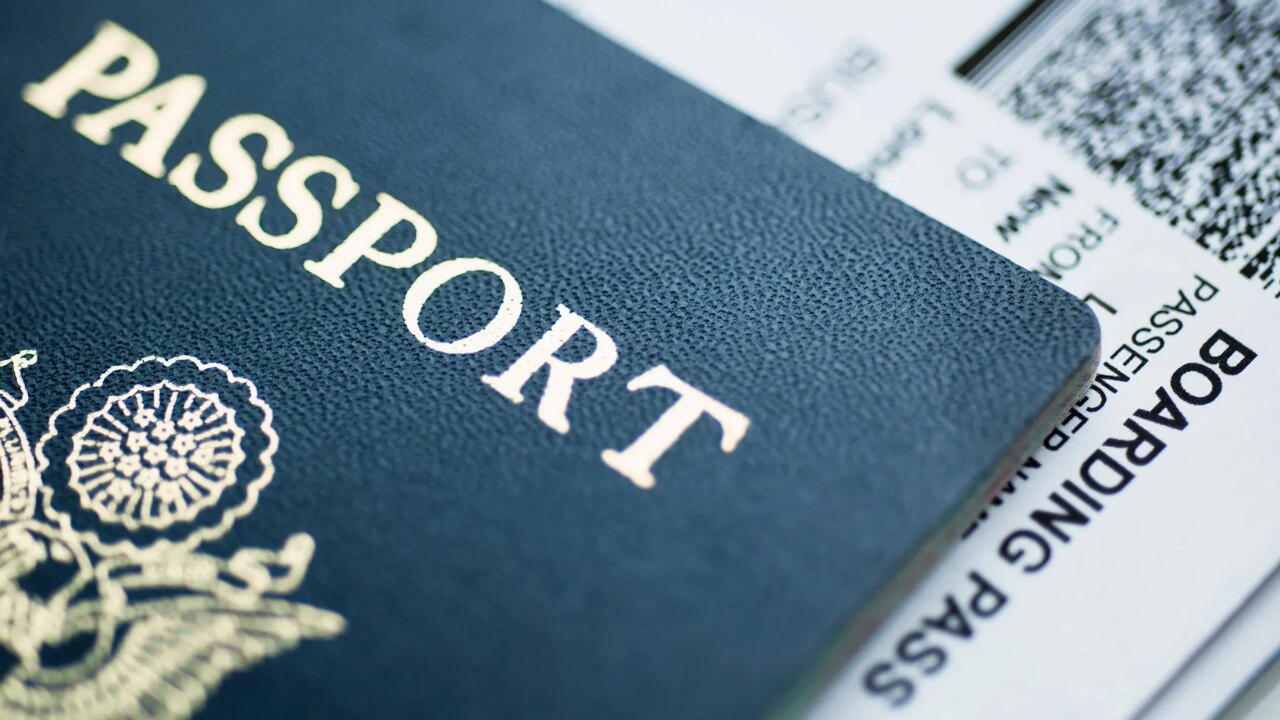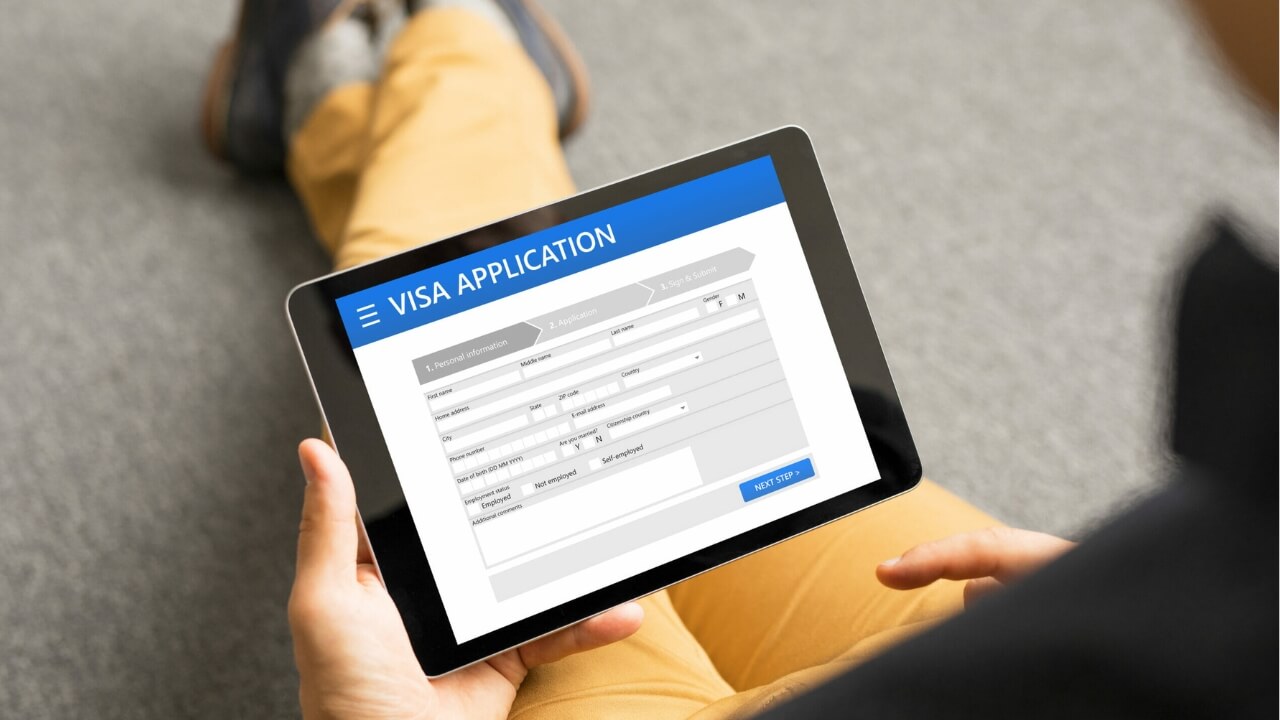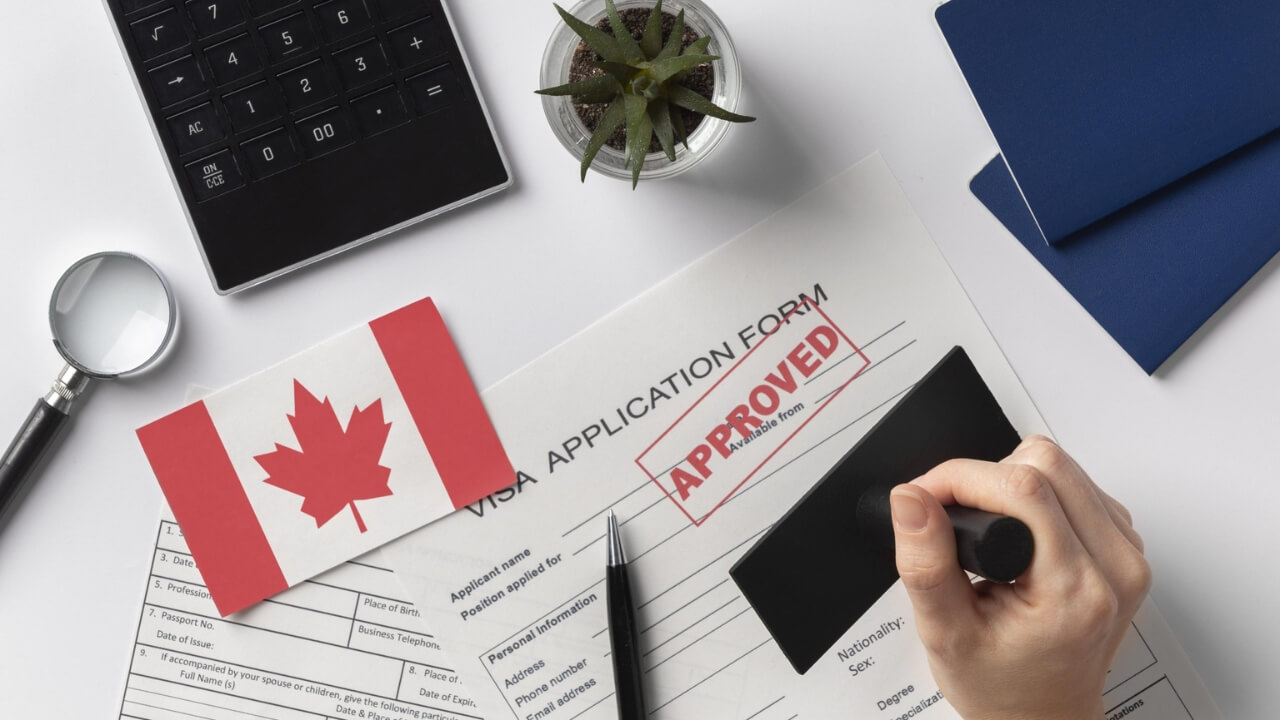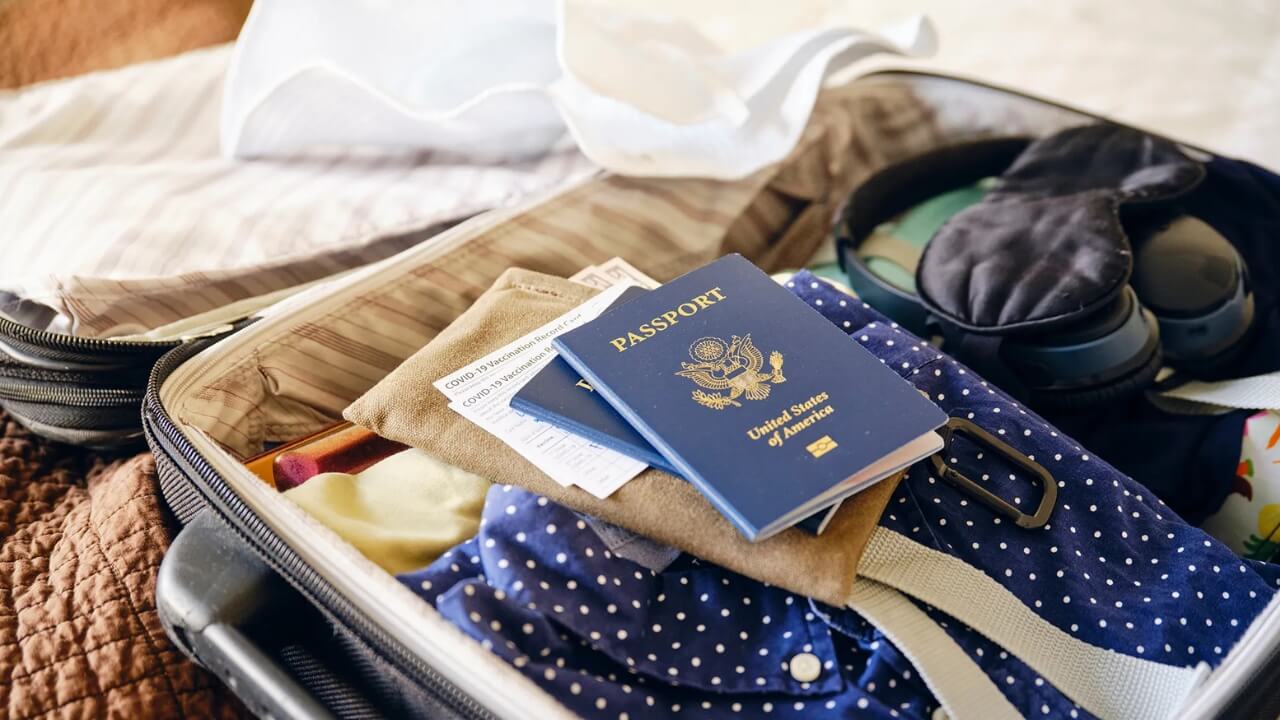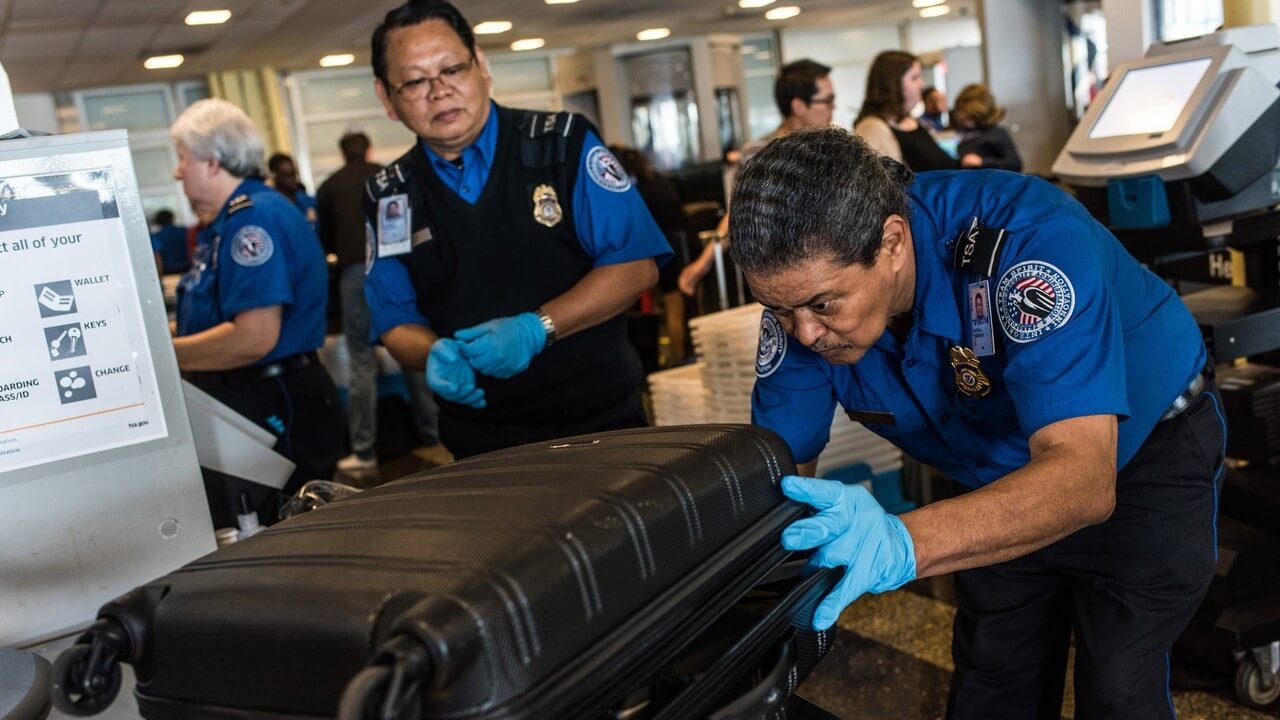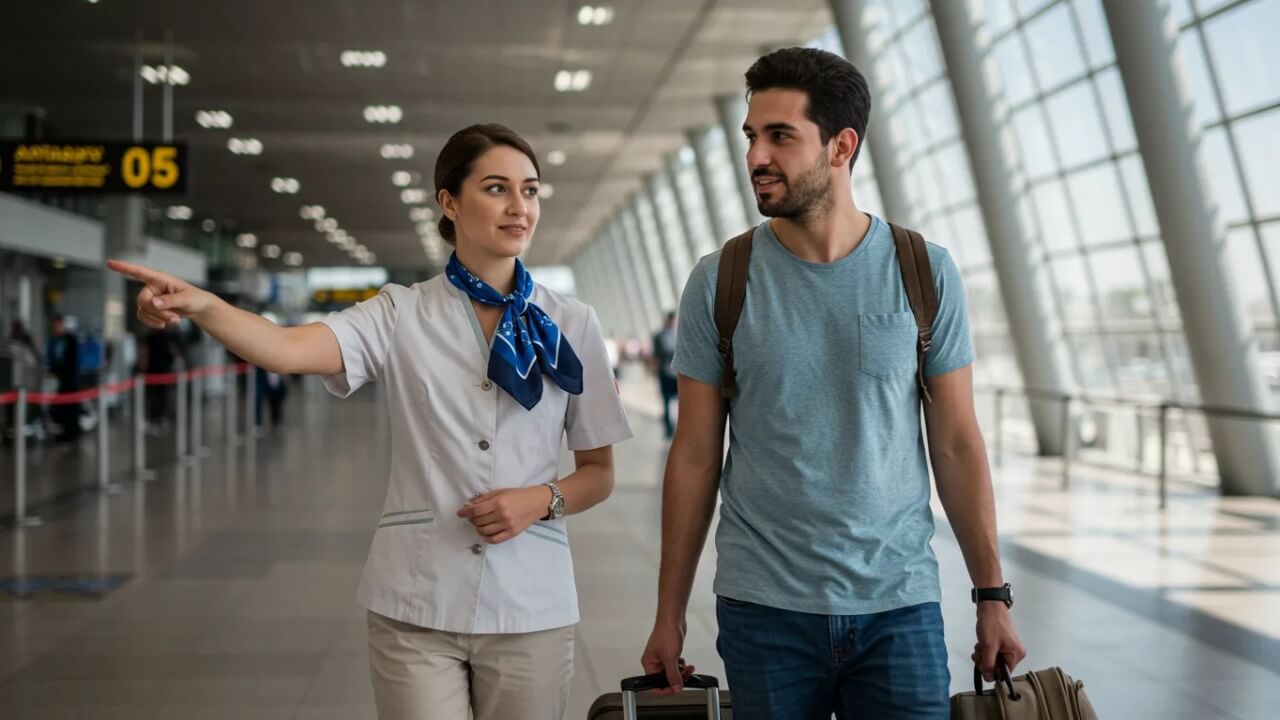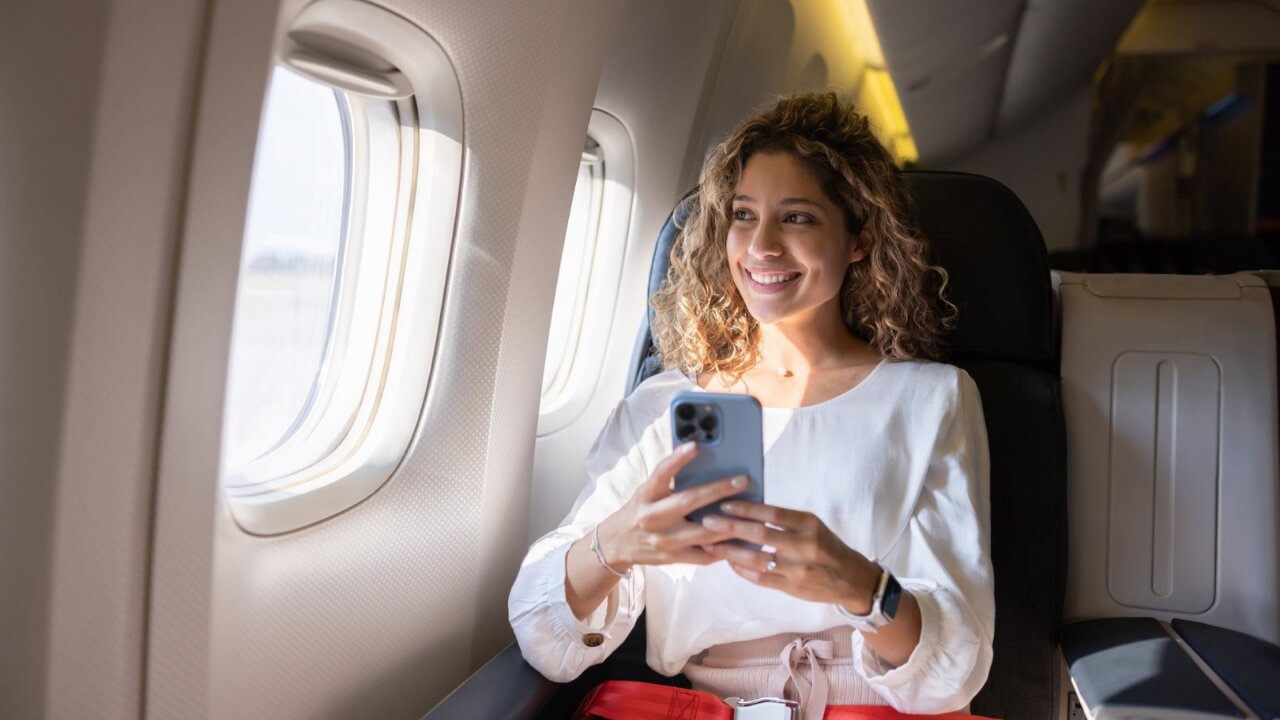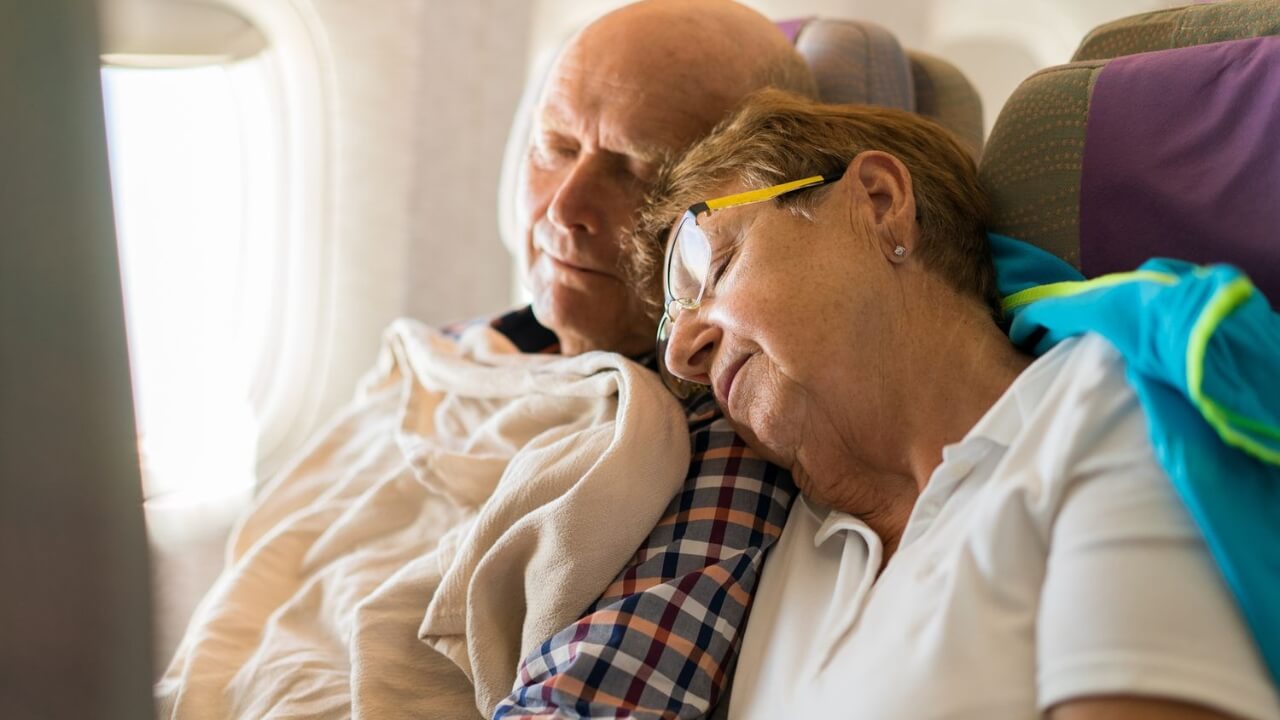Asia Travel Guide & Information, AVIATION NEWS
Top 10+ Useful International Flight Tips for First-Time Travelers
Your comprehensive guide to navigating international travel with confidence. International Flight Tips from Aviation Plus Asia travel professionals to ensure your first international flight experience is smooth, stress-free, and memorable.
International Flight Tips for First-Time Flyers
Embarking on your first international flight represents one of life’s most exciting milestones. The prospect of exploring new countries, experiencing different cultures, and creating lifelong memories is thrilling, yet the complexity of international travel can feel overwhelming for first-time flyers. Understanding the nuances of international flight procedures, documentation requirements, and cultural considerations is crucial for ensuring a smooth and enjoyable travel experience.
International travel differs significantly from domestic flights in numerous ways: longer flight durations, complex documentation requirements, customs and immigration procedures, currency exchange considerations, and cultural adaptation needs.
Each of these elements requires careful planning and preparation to ensure your international flight experience exceeds your expectations.
The importance of proper preparation cannot be overstated when it comes to international travel tips. A well-prepared traveler not only enjoys a stress-free journey but also maximizes their time at the destination rather than dealing with preventable complications.
Our comprehensive guide addresses every critical aspect of international travel, from pre-departure planning to your safe return home.
Master Your Documentation and Passport Requirements
Your passport serves as your primary identification for international travel, and understanding passport requirements forms the cornerstone of successful international flight preparation.
For first-time international travelers, passport management extends far beyond simply possessing a valid document – it involves understanding expiration dates, entry requirements, and backup documentation strategies.
Understanding Passport Validity Requirements
Most countries require your passport to be valid for at least six months beyond your planned departure date. This “six-month rule” is crucial international travel advice that many first time flyers overlook. Countries implement this requirement to ensure travelers don’t become stranded with expired documents during their stay.
Additionally, some destinations require blank passport pages for entry and exit stamps.
Beyond basic validity, certain countries have specific passport requirements. For example, some nations require passports issued within the last ten years, while others mandate machine-readable passports.
Research your specific destination’s requirements well in advance, as passport renewal processes can take several weeks or even months during peak travel seasons.
Essential Backup Documentation Strategy
Experienced international travelers always maintain backup documentation as part of their comprehensive international travel tips strategy. Create multiple photocopies of your passport’s information page, storing them separately from your original document.
Additionally, scan your passport and store digital copies in secure cloud storage accessible from any internet connection.
Passport Application and Renewal Timeline
For first-time passport applicants, the process typically requires 6-8 weeks for standard processing, though expedited services can reduce this to 2-3 weeks for additional fees.
Plan your international flight booking around passport availability, never assuming you can obtain or renew a passport at the last minute.
When applying for or renewing your passport, double-check all information for accuracy. Errors in names, birth dates, or other personal information can cause significant problems during international travel, potentially preventing departure or creating complications with airline reservations and hotel bookings.
Additional Documentation Considerations
Beyond your passport, consider obtaining certified copies of important documents such as birth certificates, marriage certificates, or other identity documents. While not typically required for tourism, these documents can prove invaluable in emergency situations or when dealing with embassy or consulate services abroad.
For parents traveling with children, ensure each child has their own passport, regardless of age. Many first-time international family travelers mistakenly believe children can travel on their parents’ passports, which is no longer permitted for international flights.
Understand Visa Requirements and Immigration Procedures
Visa requirements represent one of the most complex aspects of international travel, with regulations varying significantly between countries and depending on your nationality, purpose of travel, and intended duration of stay.
For advice for first time flyers, understanding visa processes is essential for avoiding travel disruptions and ensuring smooth entry into your destination country.
Researching Visa Requirements by Destination
Visa requirements change frequently, making it crucial to research current regulations for your specific nationality and destination. Some countries offer visa-free entry for certain nationalities, while others require advance visa applications processed through embassies or consulates.
Tourist visas, business visas, and transit visas each have different requirements and validity periods.
Many countries now offer electronic visa (e-visa) systems, allowing online applications and approvals. These systems streamline the visa process for international flight travelers, though processing times still vary from immediate approval to several weeks.
Always apply for visas well in advance of your planned departure date to accommodate potential processing delays.
Understanding Transit and Connection Visas
International flights often involve connections through intermediate countries, and some nations require transit visas even for passengers who never leave the airport.
This aspect of international travel tips is frequently overlooked by first-time travelers, potentially causing missed connections or denied boarding.
Research transit requirements for every country where your international flight will land, even for brief refueling stops or aircraft changes. Some countries offer transit without visa (TWOV) programs for certain nationalities and circumstances, while others require full tourist visas for any entry, regardless of duration.
Preparing for Immigration Interviews
Immigration procedures at international destinations often include brief interviews with border control officers. These interactions, while typically routine, can be intimidating for first time flyers.
Preparation and understanding of common questions can significantly improve your confidence and experience.
Common immigration questions include: purpose of visit, duration of stay, accommodation details, return flight information, and sufficient funds for your trip.
Prepare clear, honest answers and carry supporting documentation such as hotel reservations, return flight tickets, and bank statements if requested.
Documentation for Immigration Processing
Beyond your passport and visa, immigration officers may request additional documentation during entry procedures.
Carry printed copies of hotel reservations, return flight confirmations, travel insurance policies, and financial statements demonstrating sufficient funds for your stay.
For business travelers, invitation letters from host companies, conference registration confirmations, or business meeting documentation can expedite immigration processing.
Tourist travelers should prepare itineraries, tour bookings, or other evidence of planned activities.
Pack Smart for International Flight Regulations
International flight packing requires understanding complex regulations that vary between airlines, countries, and flight routes.
Smart packing strategies not only ensure compliance with international travel requirements but also enhance your comfort during long flights and facilitate smoother airport processing.
For first time flyers, mastering these packing essentials can transform a potentially stressful experience into a well-organized journey.
Understanding International Baggage Regulations
International airlines typically have more restrictive baggage policies compared to domestic carriers, with weight limits, size restrictions, and prohibited items varying significantly between carriers and route types.
Research your specific airline’s baggage policy, paying attention to both carry-on and checked baggage allowances, as these directly impact your packing strategy.
Weight limits for international flights often range from 20-23 kilograms (44-50 pounds) for economy class checked bags, though premium classes typically offer higher allowances.
Carry-on restrictions focus on dimensions rather than weight, with most international flights allowing bags up to 56cm x 45cm x 25cm (22″ x 18″ x 10″).
Aviation Plus provide Fast Track Service that helps travelers navigate complex international baggage procedures, from check-in to customs clearance. We’ve successfully assisted thousands of passengers avoid excess baggage fees and packing violations.
Prohibited Items and Security Considerations
International flight security regulations prohibit numerous items in both carry-on and checked luggage. Common prohibited carry-on items include sharp objects, large liquids, certain sporting goods, and potential weapons.
However, some items prohibited in carry-on luggage may be allowed in checked baggage, making proper packing distribution essential.
Research destination-specific prohibited items, as some countries ban items that might be acceptable elsewhere.
For example, certain countries prohibit prescription medications without proper documentation, specific types of electronics, or cultural/religious items that might be common in your home country.
Climate and Cultural Packing Considerations
International destinations often feature dramatically different climates and cultural norms compared to your home country. Research your destination’s weather patterns, cultural dress expectations, and seasonal considerations when planning your packing strategy. This preparation is crucial advice for first time flyers venturing to unfamiliar climates or cultures.
Customs and Declaration Considerations
International travelers must declare certain items when entering foreign countries, including large amounts of currency, valuable goods, gifts, or items intended for commercial use.
Research your destination’s customs regulations and declaration requirements to avoid complications during arrival processing.
Keep receipts for expensive items purchased before travel, as customs officials may require proof of purchase to distinguish personal belongings from commercial goods.
Understanding these requirements helps ensure smooth customs processing and prevents unexpected delays or fees.
Navigate Airport Security with Confidence
Airport security procedures for international flights are more comprehensive and varied than domestic security protocols. Understanding these processes and preparing accordingly can significantly reduce stress and waiting times during your international flight experience.
For first time flyers, mastering security navigation is essential for maintaining travel momentum and avoiding delays.
Understanding International Security Protocols
International airport security involves multiple checkpoints and verification stages, often including document verification, baggage screening, personal screening, and sometimes additional random security checks.
These procedures vary between departure airports, transit airports, and destination airports, making familiarity with general processes valuable for any international traveler.
Many international airports implement layered security approaches, beginning with perimeter security and extending through check-in, baggage handling, passenger screening, and gate access.
Understanding this comprehensive approach helps first-time international travelers appreciate the thoroughness required and plan appropriate arrival times.
With Aviation Plus, our fast track service includes expedited security processing, helping travelers bypass standard security queues and navigate complex international security procedures with professional assistance. This service has saved our clients an average of 45 minutes per airport transit.
Preparing for Efficient Security Processing
Preparation is the key to efficient security processing during international travel. Organize your carry-on luggage with easy access to required items: laptop computers, liquids bag, travel documents, and any items requiring separate screening. This organization demonstrates security awareness and expedites the screening process.
Dress appropriately for security screening by avoiding metal accessories, complex belt buckles, or shoes requiring significant removal time.
Choose clothing and footwear that facilitate quick screening while maintaining comfort during long international flights. This strategy is fundamental advice for first time flyers seeking stress-free airport experiences.
Optimize Your Flight Experience and Comfort
International flights typically involve extended flight times, often ranging from 8 to 16+ hours depending on your destination and routing.
Optimizing your comfort, health, and overall experience during these long journeys is crucial for arriving at your destination refreshed and ready to enjoy your international travel adventure.
These international travel tips focus on making your flight as comfortable and productive as possible.
Seat Selection Strategy for International Flights
Seat selection significantly impacts your international flight experience, with considerations extending beyond simple preference to include sleep optimization, meal service access, and bathroom proximity.
For long international flights, window seats offer better sleeping support and views, while aisle seats provide easier bathroom access and stretching opportunities.
Research your aircraft type and seat configuration before selection, as international flights often use wide-body aircraft with varying seat arrangements. Exit row seats provide extra legroom but may have restrictions on reclining or armrest mobility.
Premium economy sections, when available, offer enhanced comfort without the expense of business class upgrade.
In-Flight Health and Wellness Management
Long international flights pose specific health challenges including dehydration, circulation problems, jet lag, and general discomfort from prolonged sitting. Proactive health management during your flight significantly improves your arrival condition and accelerates destination adjustment.
Hydration is crucial during international flights due to low cabin humidity levels. Drink water regularly throughout your flight, avoiding excessive alcohol or caffeine which can worsen dehydration.
Consider bringing an empty water bottle through security to fill after screening, ensuring access to water throughout your journey.
Sleep Optimization for International Travel
Managing sleep during international flights helps reduce jet lag and improves your destination arrival experience. Adjust your sleep schedule several days before departure to align more closely with your destination time zone, and use flight time strategically for sleep or wakefulness based on your arrival time.
Pack sleep aids including eye masks, earplugs or noise-canceling headphones, and travel pillows to create a more conducive sleeping environment.
Consider natural sleep aids like melatonin (research legal status at your destination) and avoid screens for at least an hour before intended sleep periods.
Entertainment and Productivity Planning
International flights provide extended periods for entertainment, relaxation, or productivity. Download movies, books, music, and games before departure to ensure entertainment availability regardless of in-flight WiFi quality.
Many international flights offer excellent entertainment systems, but personal backup options ensure you’re never bored.
Consider using flight time for destination preparation: study phrase books for your destination language, research local customs and attractions, or plan your itinerary. This productive use of flight time enhances your destination experience and demonstrates smart international travel tips application.
Meal Planning and Dietary Considerations
International flight meal service varies significantly between airlines and route types, with meal timing often misaligned with your natural eating schedule.
Research your airline’s meal service and consider special meal requests if you have dietary restrictions or preferences.
Pack healthy snacks to supplement airline meals and maintain energy levels throughout long flights. Nuts, dried fruits, energy bars, and other non-perishable items provide nutrition and comfort during extended travel periods.
Avoid packing prohibited food items by researching both departure and arrival country food import restrictions.
Managing Jet Lag and Time Zone Adjustment
Jet lag affects nearly all international travelers crossing multiple time zones, with symptoms including fatigue, sleep disruption, and cognitive impairment.
Strategic planning can minimize jet lag impact and accelerate destination adjustment for first time flyers and experienced travelers alike.
Begin adjusting your schedule several days before departure by gradually shifting sleep and meal times toward your destination schedule.
Use flight time strategically: if arriving in the morning, try to sleep during the flight; if arriving in the evening, stay awake to align with destination bedtime.
Handle Currency, Money, and International Banking
Managing money during international travel requires understanding currency exchange, international banking fees, payment methods, and financial security considerations.
For first time flyers, developing a comprehensive financial strategy ensures access to funds throughout your journey while minimizing unnecessary fees and security risks. These international travel tips address all aspects of international money management.
Currency Exchange Strategy and Options
Currency exchange rates and fees vary significantly between exchange methods, including airport exchange counters, local banks, ATM withdrawals, and credit card transactions.
Research current exchange rates before departure and understand the fees associated with each exchange method to optimize your currency conversion strategy.
Airport currency exchange counters offer convenience but typically provide less favorable exchange rates and higher fees compared to other options.
Consider exchanging a small amount at the airport for immediate expenses (transportation, meals) and using more cost-effective methods for larger amounts once you reach your destination.
Credit and Debit Card International Usage
Credit and debit cards often provide competitive exchange rates and fraud protection, making them excellent options for international travel.
However, international transaction fees typically range from 1-3% per transaction, and not all merchants accept international cards.
Notify your credit card and debit card providers about your international travel plans to prevent fraud protection systems from blocking your cards during travel.
Provide specific travel dates and destinations, and confirm international customer service contact numbers for emergency assistance.
Prepare for Cultural Differences and Communication
International travel exposes you to diverse cultures, languages, and social norms that may differ significantly from your home country. Preparing for these cultural differences enhances your travel experience, prevents misunderstandings, and demonstrates respect for local customs.
For first time flyers venturing into unfamiliar cultures, this preparation is essential advice for successful and enriching international travel.
Researching Cultural Norms and Expectations
Cultural research should begin weeks before your international flight, covering areas such as greeting customs, dress codes, dining etiquette, religious considerations, and social behaviors.
Understanding these norms helps you avoid inadvertent offense and enables more meaningful interactions with locals during your international travel experience.
Different cultures have varying concepts of personal space, eye contact, physical touch, and conversation topics. What may be normal behavior in your home country could be considered rude or inappropriate elsewhere.
This cultural awareness is fundamental among international travel tips for respectful and successful travel.
Ready to embark on your first international adventure? Aviation Plus Asia is here to make your journey seamless, comfortable, and unforgettable.
Related Services You Might Like:

